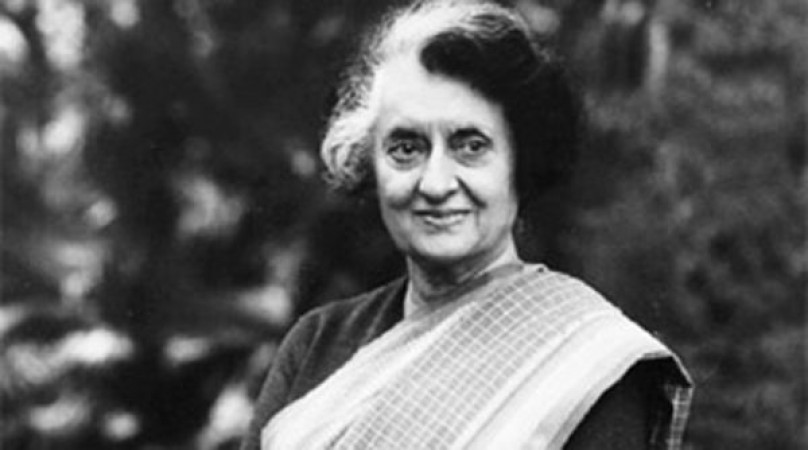
Indira Gandhi, a prominent figure in India's political history, left an indelible mark on the nation and the world. As the first female Prime Minister of India, her legacy continues to influence politics, social dynamics, and global affairs. In this article, we delve into nine intriguing facts about Indira Gandhi, shedding light on her life, accomplishments, and impact.
Early Life and Background
Born on November 19, 1917, in Allahabad, India, Indira Priyadarshini Gandhi was the daughter of Jawaharlal Nehru, the first Prime Minister of India. Her upbringing in a politically charged environment played a pivotal role in shaping her worldview and aspirations.
1. The Fierce Independence Advocate
From an early age, Indira Gandhi displayed a strong spirit of independence. She actively participated in India's struggle for freedom against British colonial rule and was deeply inspired by her father's commitment to the cause.
2. Trailblazer as India's First Female Prime Minister
Indira Gandhi scripted history in 1966 when she became India's first female Prime Minister. Her ascent to power marked a significant milestone, breaking gender barriers and inspiring women across the nation to aspire for leadership roles.
3. The Green Revolution Champion
Gandhi's leadership was instrumental in launching the Green Revolution—a series of agricultural initiatives that transformed India from a food-deficient nation to a self-sufficient agricultural powerhouse. Her efforts helped alleviate poverty and hunger for millions.
4. Bold Stand During the Bangladesh Liberation War
One of her defining moments came during the Bangladesh Liberation War in 1971. Gandhi's resolute stance against oppression and her support for the liberation of Bangladesh earned her widespread acclaim and solidified her position on the global stage.
5. Imposition of Emergency Rule
Gandhi's decision to impose a state of Emergency in 1975, suspending civil liberties and media freedom, remains a controversial aspect of her legacy. While she aimed to maintain political stability, the move was met with criticism and led to a significant shift in public sentiment.
6. Assassination and Enduring Legacy
Tragically, on October 31, 1984, Indira Gandhi's life was cut short by her own bodyguards in an assassination. Her death marked a profound loss for India and the world. Her legacy, however, continues to shape India's political landscape and global diplomacy.
7. The Indira Gandhi National Centre for the Arts
Indira Gandhi's commitment to preserving India's rich cultural heritage led to the establishment of the Indira Gandhi National Centre for the Arts. This institution serves as a hub for promoting various forms of art, culture, and heritage.
8. Personal and International Relationships
Beyond her political persona, Indira Gandhi's personal life and international relationships were subjects of interest. Her interactions with world leaders often influenced diplomatic decisions and global narratives.
9. The Nehru-Gandhi Political Dynasty
Indira Gandhi's family legacy extended beyond her immediate political career. The Nehru-Gandhi dynasty, with its complex interplay of power and influence, continues to be a significant force in Indian politics.
Indira Gandhi's life was marked by resilience, determination, and a deep commitment to India's progress. Her journey from a freedom fighter's daughter to the first female Prime Minister showcases her unwavering dedication to public service. While her decisions were met with both admiration and controversy, her impact on India's trajectory remains undeniable.
Tamil Actor Mohan Tragically found dead on the Streets of Madurai
How to Build a Custom PC for Gaming or High-Performance Tasks
SC Stays Rahul Gandhi's Conviction in 'Modi Surname' Defamation Case